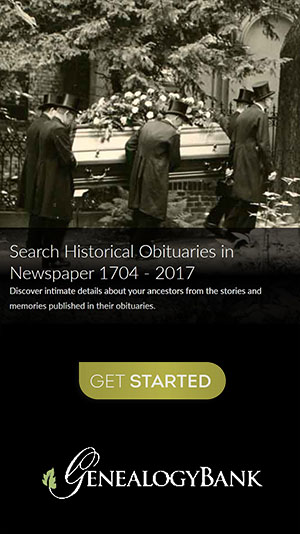Search Alabama Death Records
 Alabama Newspapers, Full Search (1813-2018), 150 titles
Alabama Newspapers, Full Search (1813-2018), 150 titles Alabama Obituary Search, (1824-current)
Alabama Obituary Search, (1824-current) Alabama Birth Records Database, (1813-1999)
Alabama Birth Records Database, (1813-1999)
Gainestown Methodist Church Cemetery Records
Gainestown, Clarke County, Alabama
 |
| Gainestown Methodist Church Cemetery |
GPS: 31.442551, -87.694548
16626 Walker Springs Rd.
Gainestown AL 36540
Published May 5, 2016
Total records:
Gainestown Methodist Church and Cemetery is owned and operated by Demopolis District of the United Methodist Church. The church is still in operation. Both the church and cemetery were added to the National Register of Historic Places on July 28, 1999.
History
Gainestown Methodist Church and Cemetery is located in southeastern Clarke County. Gainestown was a busy antebellum settlement and landing on the Alabama River. This Methodist congregation dates to 1819, but the present church was built in 1911 after a tornado destroyed their c.1854 building. It is sited on a neatly-kept lawn on the west side of County Road 29, 0.3 miles south of the intersection with County Road 33, on the flat land that borders the Alabama River. The cemetery lies a few yards west of the church.
The stones in the Gainestown Methodist Church Cemetery are a marked contrast to the simplicity of the modest church building. Stones dating from the antebellum and Victorian periods display elaborate carving and designs reflecting both the burial fashion of their eras as well as the status of Gainestown's inhabitants. The cemetery's arrangement is notable for its scattered family plots, many of which are enclosed with elaborate wrought iron fences from the late nineteenth century. A large cedar tree stands several yards directly west of the church. Family plots are arrayed on either side of the tree and stretching out into the southwest corner of the property. The landscape of the cemetery is very simple, as it is surrounded by woods and brush on three sides and the church on the east side.
Gravestones in the cemetery include antebellum examples of Greek Revival obelisks and tablets. The most impressive and artistic stones date from the 1850s, when the plantation districts along the Alabama and Tombigbee Rivers were the focus of Clarke County's agricultural prosperity. 1 One large stone dated 1852 reflects the historic role of this site as home of both the church and masonic lodge, two important local social institutions. It boasts a collection of masonic symbols including the apron and the compass and square superimposed on a book. A detailed eye surrounded by rays is carved on the apron. This stone also is inscribed on the rear with the deceased's last name, Flinn. The cemetery also contains examples of the willow motif popular in the first half of the nineteenth century. One is the gravestone of Eliza Flinn, the wife of the man memorialized by the masonic stone. Her headstone shows an angel praying beneath a willow tree. It is topped by a four-petaled flower similar to those that decorate her husband's stone. The gravestone of Angelina Sullivan, dated 1856, stands at the westernmost edge of the cemetery. This tablet, which is approximately five feet high, is topped with an elegantly detailed carving depicting two willow trees, an urn, an obelisk, and a grave with a rose growing on it.
Other elaborate stones date from the last quarter of the nineteenth century. These monuments reflect the popular motifs of Victorian cemeteries, including draped urns, carved doves, scrolls, and bouquets. One large stone in the Smith family plot combines several of these elements. It is a draped pier on which stands a book and a draped urn. A garland grows around the urn. The stone is also decorated with an open book, representing the Bible, that bears the inscription of three verses from the books of Matthew and John. These elements reflect the sentimentalism attached to religion in the late nineteenth century.
The iron fences enclosing the family plots also contribute to the artistic quality of the cemetery. The Smith family plot is surrounded by a fence with an acorn and oak leaf motif that echoes decoration found on one of the headstones within. Other enclosures have detailed gate posts or decorative finials.
Cemetery Records
The following records come from documents submitted to the National Register of Historic Places. There are far more people buried in this cemetery.
Owen, Kate, b. Feb 28, 1876, d. Dec 8, 1881
Browse More Cemetery Records
Search Alabama Cemeteries
Submit a Transcription
Help genealogists worldwide research their family history!
- No cost to publish your transcription- You retain all rights to your work
- No one can edit, change, or delete your work

